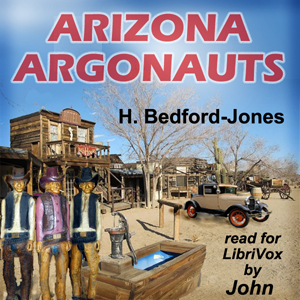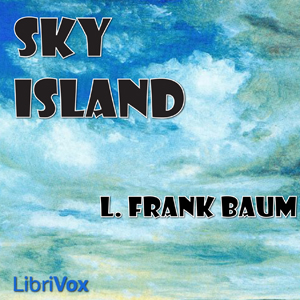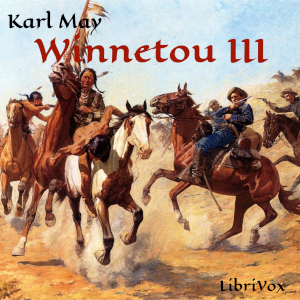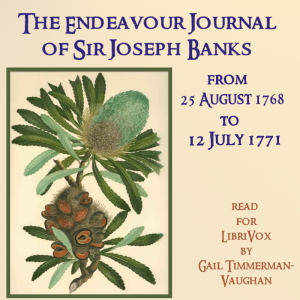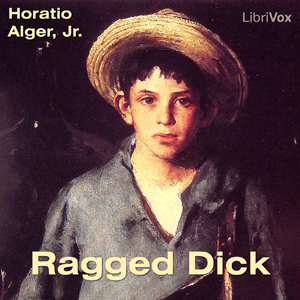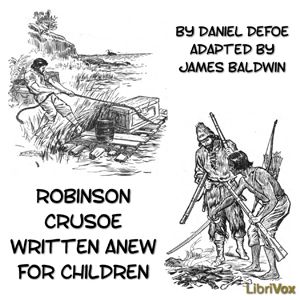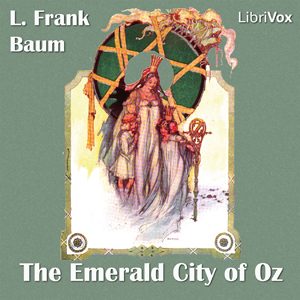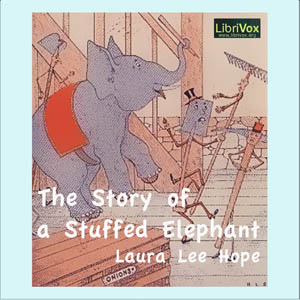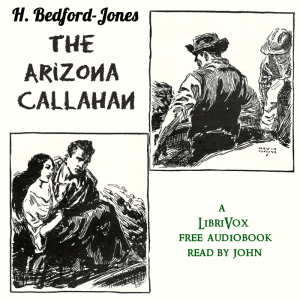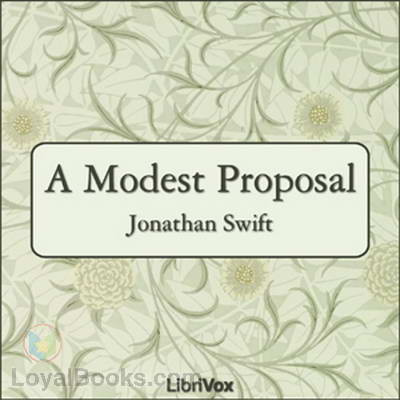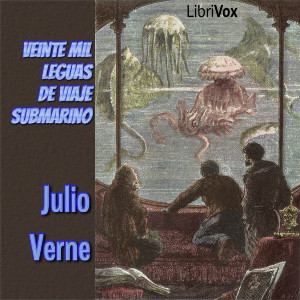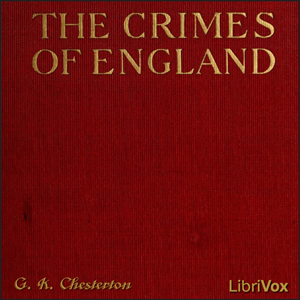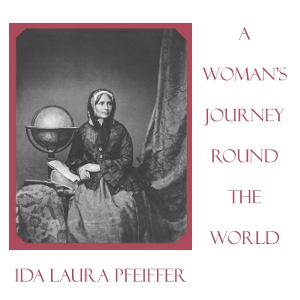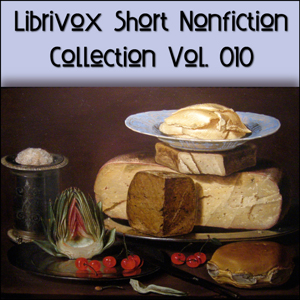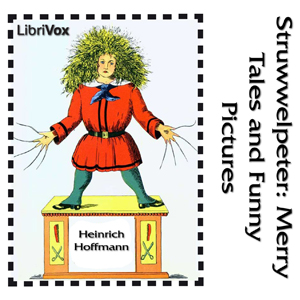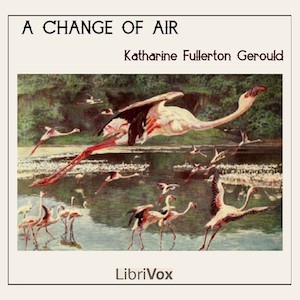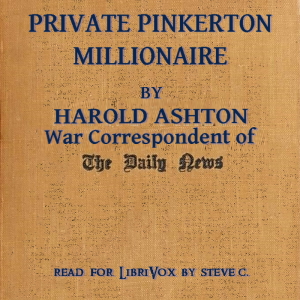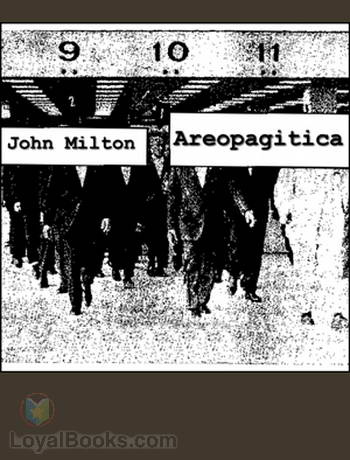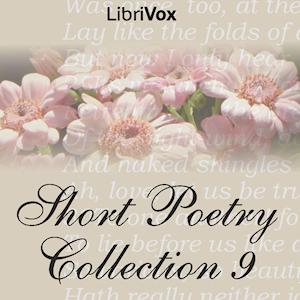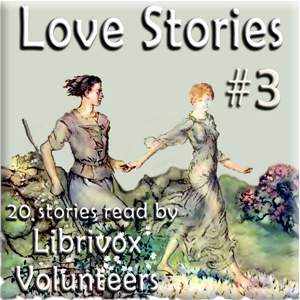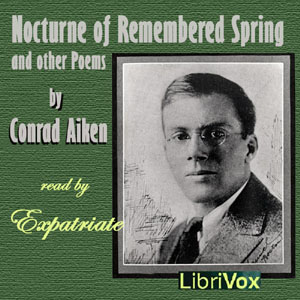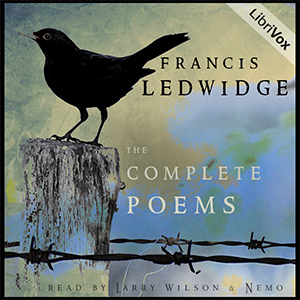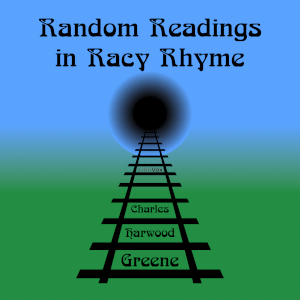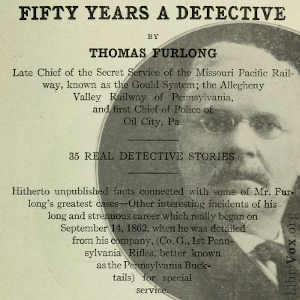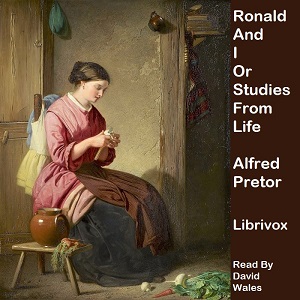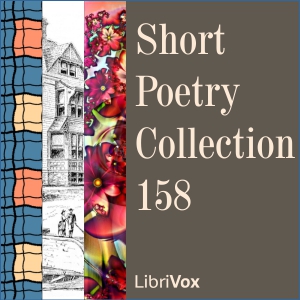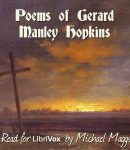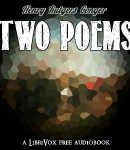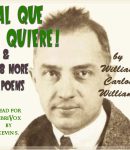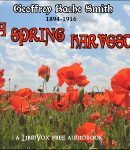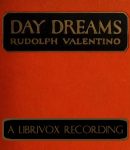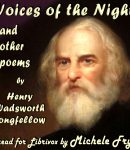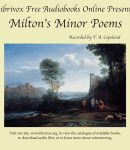
Milton’s Minor Poems
“On Shakespear 1630” typifies much of Milton’s poetry. By some miracle never yet explained, at age 24 he managed to get a 16-line encomium included in the Second Folio of the Bard’s collected works, 1632. Quite a coup! And this brand new M.A., never before published, used this brief poem to contradict Shakespeare’s chief rival, the great Ben Jonson, whose 80-line panegyric had graced the First Folio eleven years earlier. Jonson had said that Shakespeare’s monument was this living book, but Milton says, no, it is rather the readers who, stunned by the poet’s verse, become living statues in his honor. You will find the same audacity here in the minor poems as in Paradise Lost, which treats of “things unattempted yet in prose of rime.” You can hear it in the college student’s satirical invitation (likely to the classmate next on the program) “Rivers arise . . . ,” a travesty of the epic catalogue of rivers; and in his affectionately irreverent epitaph on Hobson (of “Hobson’s choice”), the stage coach driver for the boys of Cambridge; and again in a second epitaph on the same subject but offering a shameless burlesque of “Metaphysical” conceits. Even in his paraphrase of Psalm VII, where he takes issue with the King James Version on two points of grammar at the end of the second stanza, he is clearly the man who will write “How few somtimes may know, when thousands err.” Yet for all Milton’s iconoclasm, he knows discipline. Some of […]

